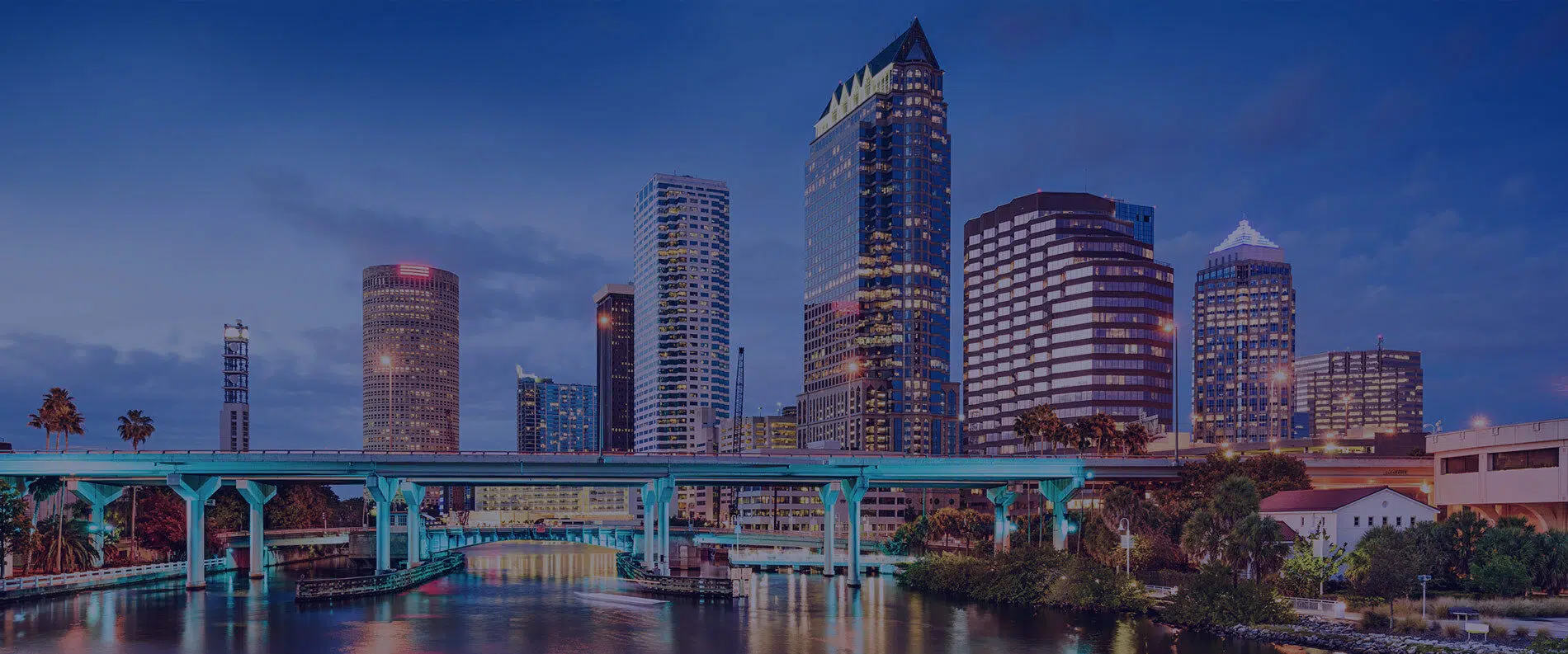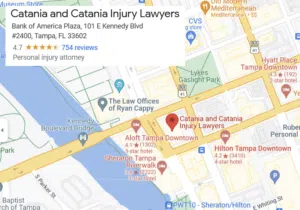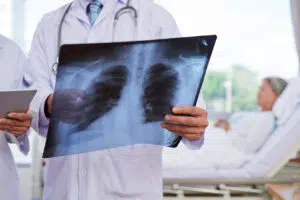
Car accidents can cause a range of injuries. Neck, back, thumb, and brain injuries often result after a car crash. But one injury that occurs nearly universally is a chest injury.
When you hit something with your car, the force of the accident transfers to your body through the seatbelt and seat. As a result, your chest often experiences powerful forces in a car crash.
Here are some facts about chest injuries after a car accident in Tampa, FL, and how you can get compensation for them.
Table of Contents
How Do Car Accidents Injure the Chest?
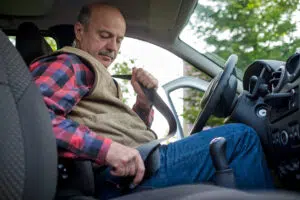
According to the laws of motion, an object in motion stays in motion until acted on by a force. When you drive or ride in a car, your body moves at the same speed as your car. This means that at freeway speeds, your body travels at 65 miles per hour down the road.
When you collide with something, your car comes to a stop. Something must stop your body. If you wear your seat belt, your seat and seat belt will stop your body. If you do not wear your seatbelt, you might fly around the passenger compartment until the doors, steering wheel, or dashboard stop your body.
Physics also says that the force needed to stop you is proportional to the deceleration of your body. The faster you were going and the more abrupt the stop, the more force is needed to stop your body. This means that hitting another car at 50 miles per hour subjects your body to twice as much force as hitting the car at 25 miles per hour.
Chest injuries happen when you hit your chest during a car accident and all this force flows into it. If you wore a seatbelt, it did its job by stopping you. You survived the crash – but the force needed to stop you injured your chest.
If you were not wearing a seatbelt, you should count yourself lucky to be alive even if you suffered a chest injury. Wearing a seat belt reduces your chances of dying in a car crash by 45% and your chances of suffering a serious injury by 50%.
What Are the Types of Chest Injuries?
You can injure your chest in a lot of different ways. The force going into your chest will first encounter the muscles and ribs. But the powerful forces you experience in a car crash can damage the organs normally protected by your ribcage.
Some examples of chest injuries you might suffer in a car crash include:
Bruised Chest
Bruises or contusions happen when small blood vessels burst due to trauma, like a hard impact. When your chest hits your seat belt, airbag, steering wheel, or dashboard, the impact can bruise your chest.
Symptoms of a chest contusion include:
- Pain
- Discoloration
- Swelling
Chest contusions usually clear up in a few weeks. You should consider seeing a doctor if you experience a chest contusion. The force to cause a contusion can also cause more serious injuries like chest strain, a dislocated rib, or lacerated liver.
Strained Chest
A strain happens when you stretch or tear muscles or tendons in your chest. The force of a collision can cause your seatbelt to deform your chest. The tension in the muscles and tendons can stretch or even tear them.
Symptoms of a strained chest include:
- Pain
- Inflammation
- Weakness
- Stiffness
- Muscle spasms
A strained chest will usually heal in four to six weeks with ice, rest, and anti-inflammatories.
Dislocated Rib
At the front of your chest, your top seven ribs on each side attach to your breastbone or sternum. Cartilage holds the ribs to the sternum. Cartilage also holds the lower ribs to the ribs connected to the sternum. This creates flexible but strong joints.
A powerful blow to the chest can tear the cartilage. This allows a rib to slip out of place.
Ribs can also dislocate in your back. Ligaments hold each rib to your spine. If you stretch or tear these ligaments, your ribs can slip out of place in your back.
The dislocated rib will irritate and inflame nearby tissue, causing:
- Pain, particularly while inhaling
- Swelling
- Popping sensation in the chest
A dislocated rib may become a chronic problem, with the rib continuing to slip out of place long after the accident. But in most cases, the rib will eventually slip back into place.
Fractured Rib
A fractured rib happens when the force of the accident cracks a bone in the ribcage. Rib fractures will produce pain while breathing or coughing. But they will heal on their own in six to eight weeks with rest.
The real concern with fractured ribs comes from the potential complications. The broken end of the rib can lacerate your internal organs.
A punctured chest wall can lead to pneumothorax or a collapsed lung. Internal bleeding can cause a cardiac tamponade where the heart gets strangled by accumulated blood. A lacerated liver can cause severe bleeding of your liver.
All of these injuries can cause death without emergency medical care.
What Compensation Can I Receive for Chest Injuries After a Car Accident in Tampa, FL?
Florida uses a no-fault system for auto insurance. Under no-fault insurance, you must have personal injury protection. When you get injured, your insurer pays benefits to you up to your policy limits. This allows you to get medical treatment and disability benefits, regardless of fault.
Florida law prevents you from suing the at-fault driver or filing an insurance claim against the at-fault driver’s policy unless:
- Your medical expenses exceed your policy limits; or
- You suffer a serious or permanent injury.
Minor chest injuries, like bruises or strains, will probably be fully compensated by your no-fault insurer. But severe injuries that cause permanent loss of use of an organ, like your liver, might justify an insurance claim or lawsuit against the at-fault driver.
Contact a Tampa Personal Injury Lawyer If You’ve Suffered Chest Injuries After a Car Accident
Chest injuries can produce serious and even life-threatening medical conditions. To discuss the compensation you can seek for your chest injury, contact our Catania & Catania Injury Lawyers for a free consultation with a Tampa personal injury attorney.
